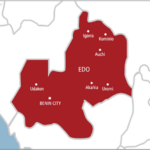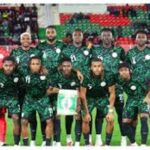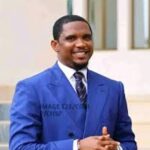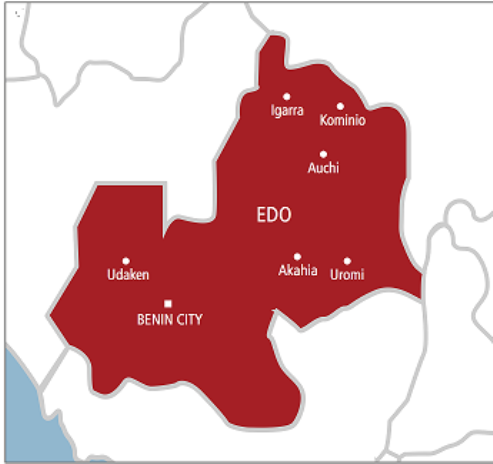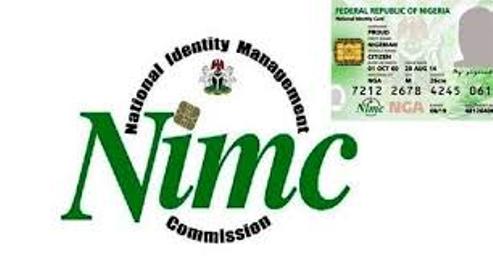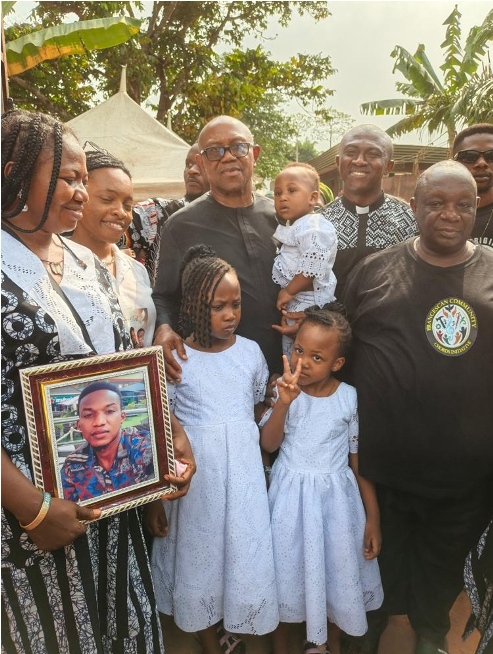
LAGOS FEBRUARY 2ND (NEWSRANGERS)-Momoh was appointed Minister of Information and Culture by General Ibrahim Babangida, holding this position from September 1986 until 1990.
He was Chairman of the African Conference of Information Ministers from 1988 to 1990. In 1983 the editor of Newswatch, Dele Giwa, was detained for a week by police for publishing what they called “classified material”.
On 17 October 1986 Giwa was accused by Colonel A.K. Togun of the State Security Services (SSS) of anti-government activities including attempting to import arms to foment insurrection.
On 19 October 1986 Giwa was killed by a parcel bomb. At first, Momoh pledged that there would be a government probe of the incident, he soon backed down, saying “a special probe would serve no useful purpose”.
Speaking at a seminar in Lagos in 1987, Momoh said that radio, television and newspapers should be seen as tools “for the promotion of national unity and integration”. In 1988 Momoh announced that the government was trying to find radio sets that could only receive approved broadcasts from the federal and state radio stations. This was “as a means of ensuring that information about the country was adequately disseminated”.
In a February 1990 interview published in Ebony magazine Momoh talked about the rich and diverse Nigerian culture. He stated that British-style parliamentary democracy and the American-style presidential system had both failed in Nigeria because they were not compatible with these local cultures. He said that Nigeria was now establishing a system of grass-roots democracy in a two-party system. In May 1990 party elections were held for local ward positions using an “open ballot”, where voters showed their preference by standing in front of a photograph of the candidate. Party elections were then scheduled for the state and national elections. Momoh said the government would not interfere in the inner workings of parties. Soon after, all the National Republican Convention candidates for national offices were disqualified on the grounds that there were irregularities in their application forms.
Babangida followed a policy of donating money, vehicles, offices and so on to local governments, political parties and others on the basis that this would keep them free of influence by the rich and powerful.
As Minister for Information Momoh justified the practice, saying of Democracy that it “is not as expensive as people are thinking in relation to the alternative. The alternative is allowing one man to dictate to the whole Nigeria because you don’t want it to be expensive. If money is not spent on democracy and a one-man dictatorship emerges … it is the same Nigerians who are talking of expensiveness now that will shout that one man is a dictator”.
Babangida was tough on the press at times, but tried to avoid open conflict. When the press began calling for Momoh’s dismissal he was slow to respond, since Momoh was intelligent and reflective, and had experience from his own days as a newspaper editor. However, he finally dismissed Momoh and replaced him by Alex Akinyele, who had previously been in the customs services and had been a director at Newswatch.
Later career
Momoh was Chairman of the board of directors of Nigerian Airways from 1991 to 1993. He was appointed a Member of the Edo State Economic Advisory Committee in 1991, and a member of the Nigerian Press Council in December 1992.
* As of 1996 Momoh was one of the directors of the Newswatch magazine, said to have a circulation of 150,000 copies in Africa, Europe and North America.
* Momoh was Director of the Alex Ekwueme Presidential Campaign Organization in 1999.
* He was chairman, Media and Publicity of the All Nigeria People’s Party (ANPP) Campaign Organisation in the 2003 and 2007 elections.
* He was also Chairman of the Political Committee of the Muhammadu Buhari Organisation.
In January 2011 Momoh was appointed Chairman of the Congress for Progressive Change (CPC) in the lead-up to the April 2011 national elections, with Buba Galadima appointed the National Secretary. Soon after being appointed, Momoh said the CPC would bar any of its aspirants to become candidates if they were to engage in corrupt practices or thuggery during the primaries.
* Following disappointing results in the April 2011 elections, Momoh asserted that massive rigging had taken place. However, he described the CPC as a mass movement that was bound to grow and achieve the high goals of its founders.
